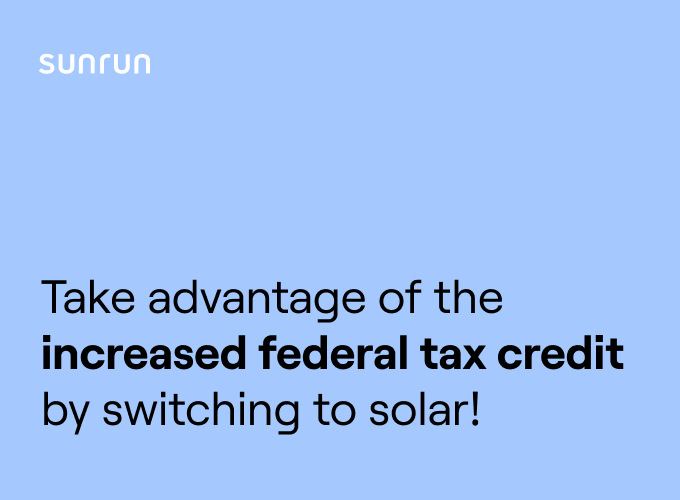Clean Air Is a Human Right
Sunrun Team
· 2My baby brother suffered from acute asthma his entire childhood and witnessing his pain was tough on me, but even more so for my parents. It was disheartening to watch him suffer and miss school when he had trouble breathing. My parents, Mexican immigrants with limited education, worked multiple low-wage jobs to make ends meet. They often had to skip work to take care of him, which also hurt our ability to purchase appropriate treatments for him. For low-income families like mine, having health issues presents hard decisions about priorities and survival.
This is not a unique story. Asthma is a debilitating, life-threatening ailment that is only getting more common and costly in the U.S. Asthma costs $56 billion each year, directly hurting both the health and financial security of those afflicted. Our nation's productivity also takes a hit, with 10.5 million missed days of school and 14.2 million missed days of work annually.
Poor air quality caused by dirty, fossil-fueled power plants is a significant contributor to the growth of this serious disease, and polluting power plants are overwhelmingly located in low-income and minority communities. According to the NAACP, approximately 68 percent of African Americans live or have lived within 30 miles of a coal-fired power plant. Meanwhile, a report by the Clean Air Task Force found nearly 2 million Latinos, like my family, live within a half mile of existing oil and gas facilities. My brother and I were born and lived just miles from the now-shutdown power plants located in Oxnard, California. Luckily, he overcame the asthma -- not everyone does.
There is a direct connection between replacing fossil fuels with solar energy and the reduction of the risks of asthma, heart attacks and other ailments, according to research from the Harvard T. H. Chan School of Health. Replacing these power plants with solar power is one important step we can take as a nation in curbing asthma as a public health epidemic.
A disproportionate burden
Asthma impacts some communities more than others. According to the above NAACP study, an African American or Latino child is twice as likely to die from an asthma attack compared to a Caucasian American child. African Americans in particular have much higher asthma rates than the general population, with nearly 17% of African American children having asthma, the highest rate among racial and ethnic groups and one that affects both educations and careers.
These are inequities with real consequences, but also a phenomena that is entirely preventable. We have the tools and technology today to reduce the prevalence and danger of asthma for all—especially for our children.
The right way forward
In a recent report, Sunrun outlined the potential to change the standard of living for residents and create cleaner, fresher air by displacing gas peaker plants in Los Angeles with home solar and batteries. This could bring both electricity savings and clean energy to 25,000 homes and 2,500 apartment buildings in traditionally underserved and low-income communities. These are areas with low solar penetration, and also areas most likely to host gas-fired power plants. Using solar can address smog issues today in the communities most affected by the lack of clean air.
Solar battery technology has improved which is important for energy storage and the cost for households to have solar has steadily been dropping over the last two decades. As the cost of solar drops, the opportunity opens up for everyone to have access regardless of socioeconomic status.
Smart policy and green bank financing provide financial support for lower-income residents to buy or lease solar systems. For example, the non-profit GRID Alternatives leverages additional funds to reduce project costs and provide workforce development opportunities for disadvantaged communities. These efforts must be supported by smart state policies that empower innovative companies to expand access to solar, such as redirecting low-income energy bill subsidies into grants that eligible customers can apply to home solar and battery systems.
Clean air should be a human right—not a luxury for the wealthy. My family’s experience has inspired me to become an advocate for low-income communities, ensuring that children like my brother won’t continue to suffer from asthma. On this World Asthma Day, let's mobilize to fight the disease at its cause. Cleaner air equals healthier lungs, and with solar power, we can move towards fresh air and a healthier planet.

See if you qualify for the
26% federal tax credit
Thanks so much! We'll call you shortly.
Sorry, we are not taking new customers in your area yet
Refer a friend. Get $1000